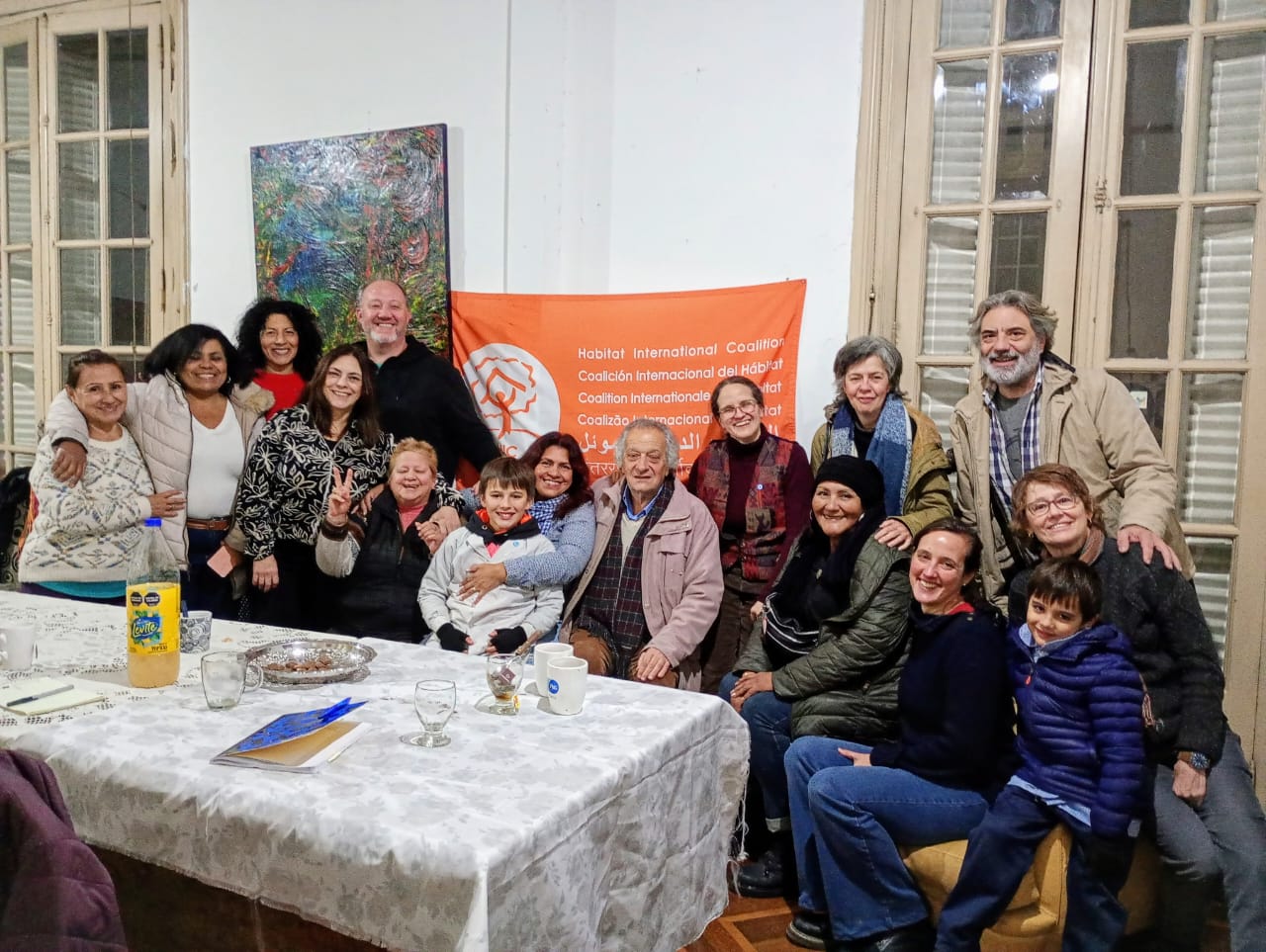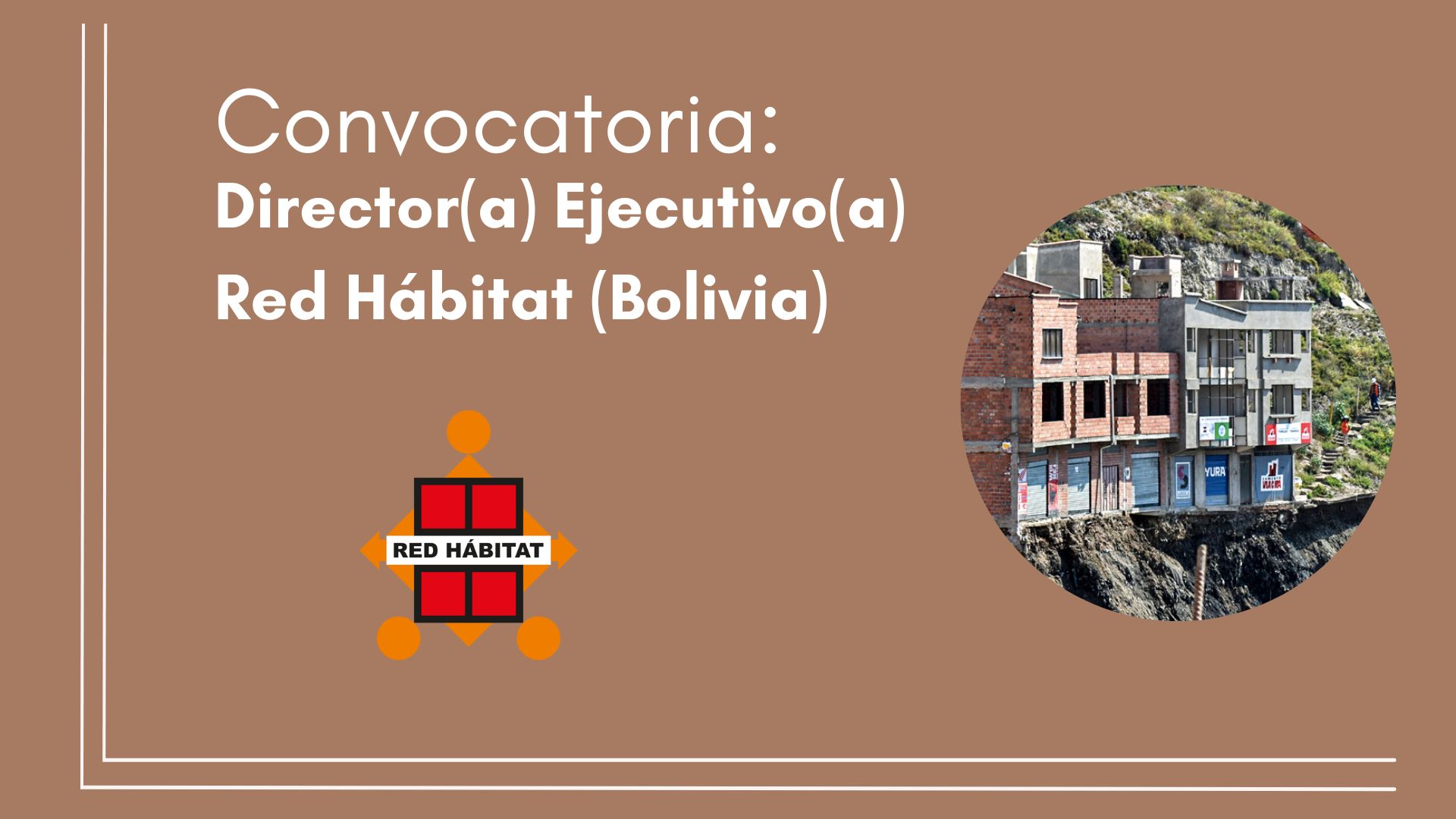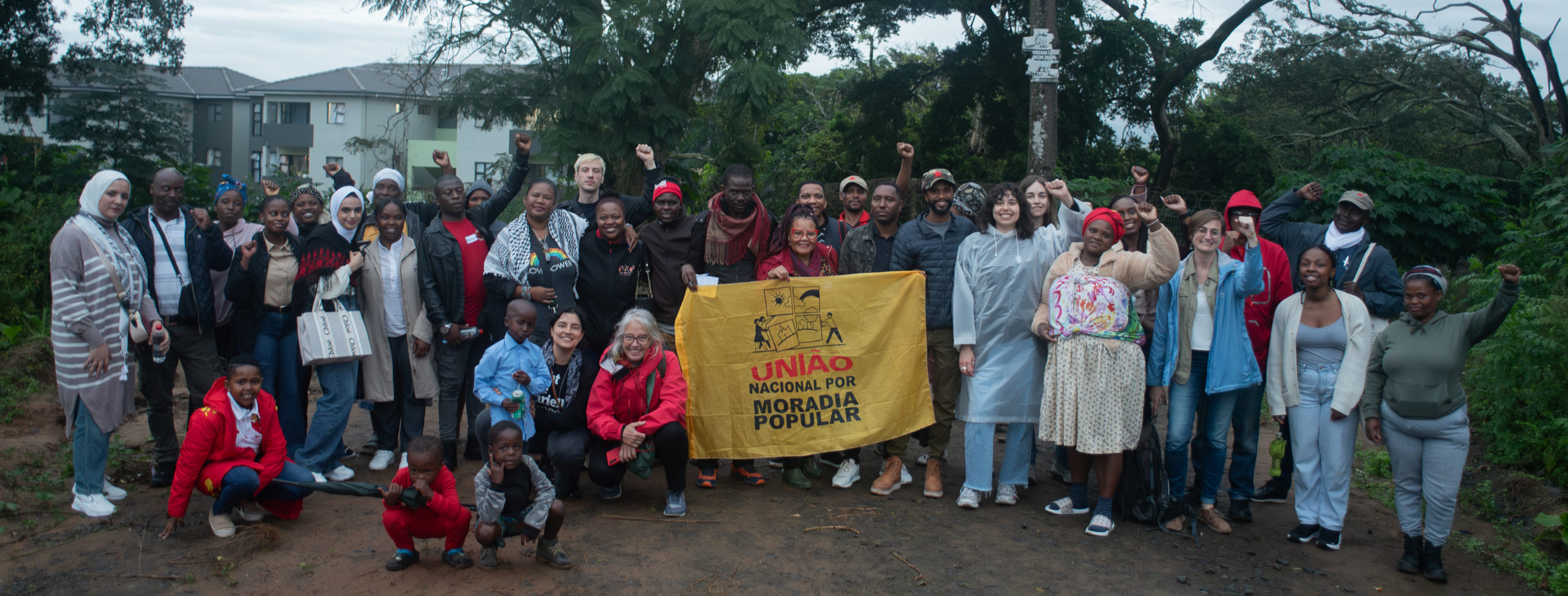
ESCR-Net, in collaboration with Terra de Direitos, is pleased announce
the release of a new publication titled Land in the Struggle for
Social Justice: Social Movement Strategies to Secure Human Rights.
Available in English, Spanish and Portuguese, the
publication documents the experiences ofdiverse social movements that
have utilized the human rights framework in their struggles for access to and
control over land, and the lessons they have learned.
The
publication introduces human rights – not as a narrowly defined legal concept
but as a broad tool that is often useful in applying a wide range of creative
strategies to realize grassroots demands related to land in the struggle for
justice.
Four chapters
offer several case studies that capture important experiences in the use of
human rights in the context of social movements’ struggles for land. The first
case describes the long struggle by the Movement for the Survival of the Ogoni
People (MOSOP) in the Niger Delta, in defense of their rights to their land and
against the ravages of oil extractionand
resultingpollution.Ithighlights several innovative,
human rights-based strategies employed by MOSOP, including the Ogoni Bill of
Rights, work with UN special rapporteurs and treaty bodies and other
mechanisms.The second case focuses on the use of human rights by the
Nairobi Peoples Settlement Network (NPSN) in order to raise awareness among,
organize and mobilize residents of the city’s informal settlements. It
describes how the NPSN articulated the local realities of their members with
international human rights standards and translated the demands of residents
intopolicy proposals to promote a right to adequate housing and land in Kenya’s
informal settlements.
The third case examines the experience
of the Platforma DhESCA (Platform for Economic, Social, Cultural and
Environmental Rights in Brazil) in their collaboration with National Rapporteurs,
a mechanism modeled on the United Nations Special Rapporteurs. Focusing on the
work of the National Rapporteur on the Right to Land, Territory and Adequate
Food, this case reviews the work of this mechanism to identify broad trends in
human rights violations in the country and amplify the voices of affected
communities. The final case analyzes the development and eventual adoption of
the UN Declaration on the Rights of Indigenous Peoples. It narrates the long
and arduous path that the indigenous rights movement followed to promote, in
their own name, broad international recognition of the rights of
indigenous people, including over their ancestral territories.
The publication was made possible
due to the critical contributions of the Movement for the
Survival of the Ogoni People, the Nairobi People’s
Settlement Network, the Indigenous Peoples’ International
Centre for Policy Research and Education (Tebtebba) and
the Plataforma DhESCA Brasil. It has also been strengthened thanks to the valuable
input provided by the Pakistan
Fisherfolk Forum, Abahlalibase
Mjondolo, South Africa and FIAN International.
According to areviewer from Abahlali
base Mjondolo, “this
document is very much rooted in a human rights paradigm which means that
it can be useful for popular movements when they interface with the law,
NGOs and other human rights organisations.” She also cautions us to remember
that struggles for land and justice must be diverse and always creative.
Another reader from the Pakistan Fisherfolk Forum reflected, upon reading
the publication, that “human
rights are within. Those are not given but provided space to be realized.”
Among key lessons from the publication, this reviewer identified the need for
social movements to pursue focused goals, engage in political education
and effectively be driven by, and accountable to, their grassroots members.
Available in English, Spanish and
Portuguese, this manual is intended to be used broadly by social movements and
human rights advocates who are exploring creative new approaches to promoting
human rights in the context of land.


